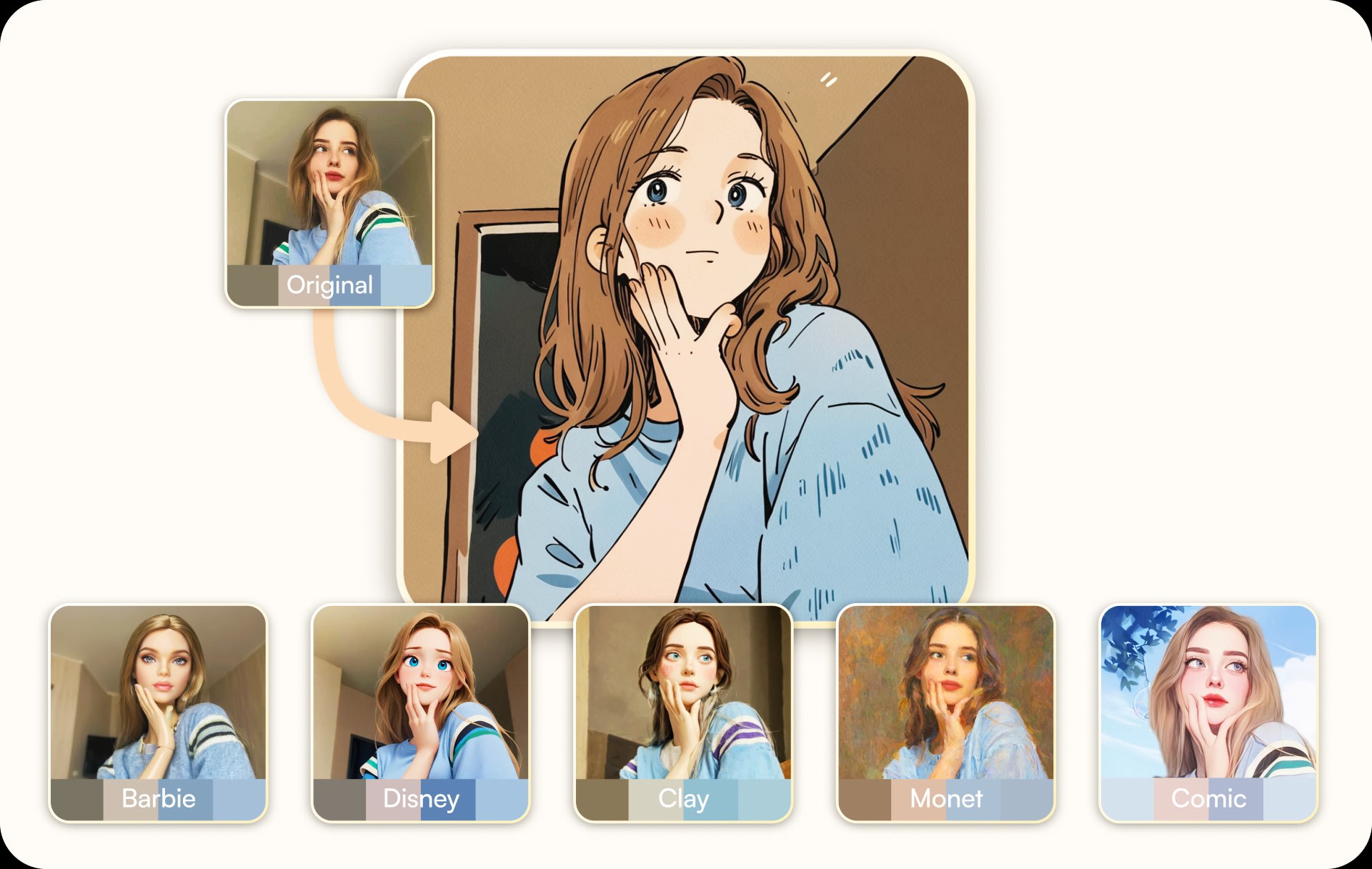A new trend has recently spread on social media platforms, especially among young people, involving transforming personal photos into cartoon drawings using artificial intelligence techniques, specifically through the "Ghibli" style.
This trend has gained wide popularity due to its fun nature and distinctive visual content that adds a touch of fantasy to ordinary photos, turning them into cartoon characters or superheroes, making them attractive and entertaining to users.
Despite the entertaining aspect of this experience, information security experts warn of hidden risks that users may not be aware of when engaging in this trend.
Dr. Walid Hajjaj, an information security expert, explained that the spread of this phenomenon is attributed to the love for experimentation and curiosity, as users desire to refresh their digital image and appear differently on social platforms, especially since these photos open the door for social interaction through comments and comparisons.
Behind this fun, there are real threats related to users' privacy and data security, as most applications offering this service request broad permissions to access photo albums or store data on external servers, raising suspicions about the potential commercial or security use of photos without users' knowledge.
Even worse, modified images can be exploited in deepfake or identity theft operations, posing a direct threat to privacy.
Dr. Hajjaj emphasized the necessity of caution before downloading these applications, advising to use them only after verifying the reliability of the developer, reading the terms of use and privacy policies carefully, especially given the rapid advancements in the field of artificial intelligence and the accompanying increasing security challenges.
On the other hand, Dr. Amani Fahmy, a media professor and dean of the College of Media at October University for Modern Sciences and Arts, believes that this trend reflects users' passion for innovation and interaction with what is new and unconventional, especially when it comes to presenting distinctive and eye-catching visual content. She adds that these photos provide users with a means to express themselves in a new style that may conceal their realistic features, partially granting a sense of privacy.
However, she cautioned that excessive use of these images may have negative effects on individuals' self-perception, as idealized modified images can reinforce unrealistic concepts of beauty and identity, especially when compared to real photos, which may affect self-confidence and self-satisfaction.
While this trend continues to attract more followers and admirers, caution remains necessary.
The fine line between entertainment and threat may go unnoticed by users until it's too late.

